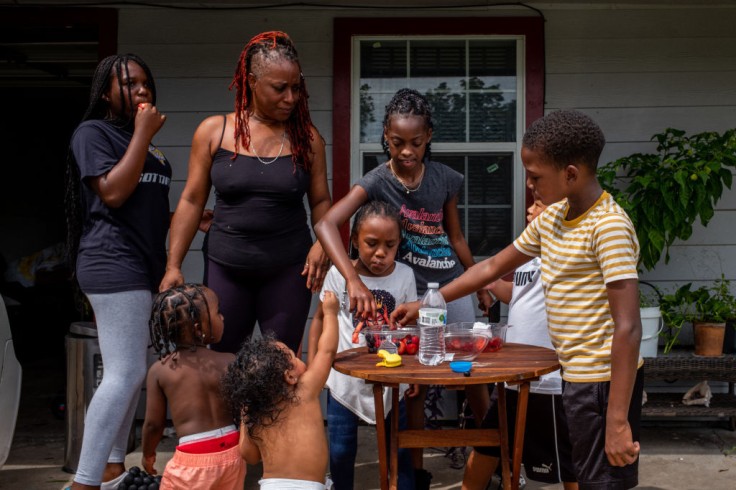
Many young adults in the United States decided to move back in with their dads and moms at the height of the COVID pandemic. It was an unprecedented moment of uncertainty for these individuals as jobs were scarce then, and college campuses were also closed.
According to a recent report by LendingTree, 67 percent of millennials and Gen Zers who moved back home are still there more than two years later. Most said they initially moved back in with their parents out of necessity or to save cash.
Soaring housing costs and hefty student loan bills from school have put a financial stranglehold on young adults who are just starting out. Sky-high rents and the surging cost of living due to the rise in inflation make it harder for them to move on.
Difficult for young adults to make ends meet in today's economy
Jacob Channel, LendingTree's senior economist, told CNBC that it could be difficult for anyone to survive in this economy with high inflation and rising rates. Multigenerational living has been growing for several years, with Pew Research Center estimating that such households now represent 18 percent of the American population.
Pew found that finances are the main reason why families are doubling up. This is largely due to growing housing costs and ballooning student debt. Caregiving also played a huge role in the decision process. Multigenerational living has grown the fastest among American adults ages 25 to 34.
Read Also: Sick Mom of Former Miami Teacher Jailed in Cuba Pleads for Daughter's Return to the US
Multigenerational households rising in the U.S.
Now, 25 percent of young adults live in a multigenerational household, up from just 9 percent five decades ago. In the majority of cases, 25- to 34-year-olds are either living in the home of one or both of their parents. A smaller share of young adults live in their own homes and have an older relative or a parent stay with them.
The percentage of young adults living with grandparents or parents is even greater among men and those without a college degree. Fry said it is a private social safety net for these boomerang kids.
Pew also found that young adults without a bachelor's degree tend to earn substantially less than those who were able to finish college. This has become a burden for older parents, who are more likely to pay for most of the family's expenses in the home.
Supporting their grown kids can be a substantial drain for parents when their own financial security is also at risk. Economic conditions have been harsh, to say the least, producing the highest inflation rate in the U.S. since the early 1980s.